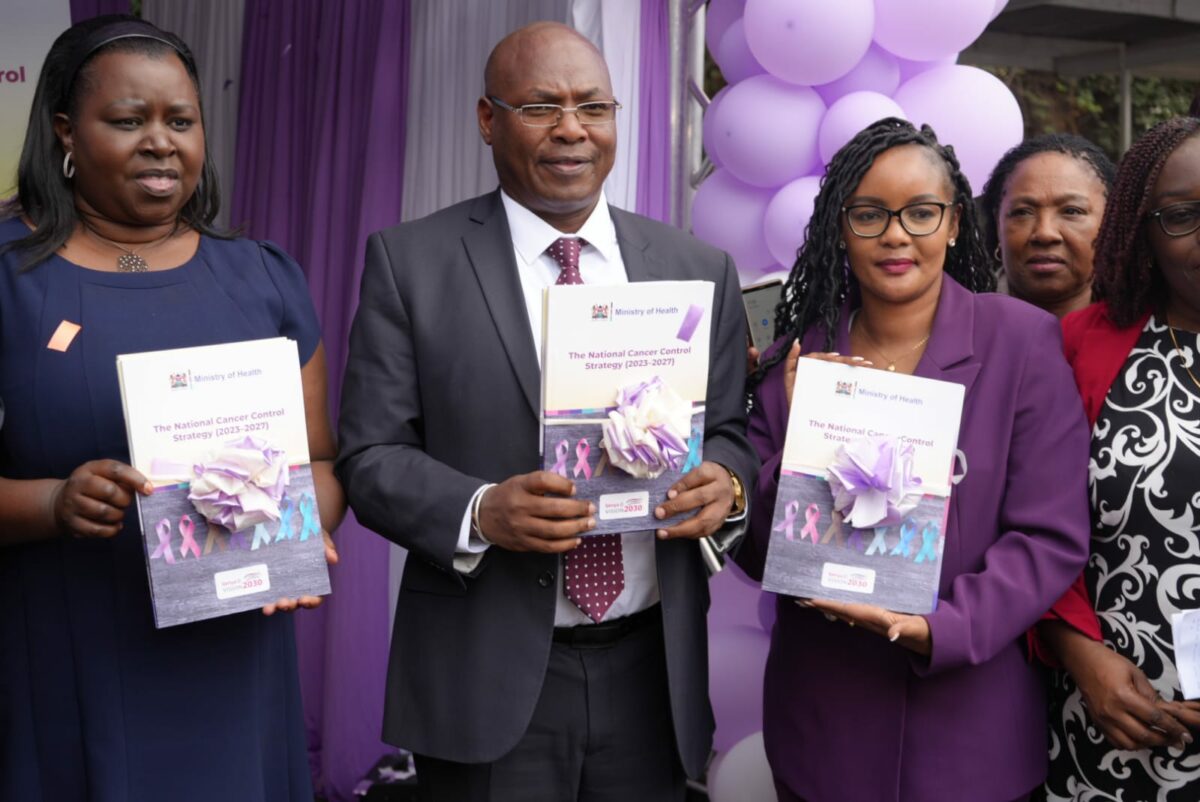WHO’s Cancer Care Initiative Chooses Kenya for Vital Expansion. Kenya, along with two other African nations, is part of the first initiative aiming to advance early cancer care. The three-year project focuses on ensuring early detection, treatment, and support services for breast and cervical cancer. Experts emphasize the need to early detection, citing a 99% five-year survival rate for localized breast cancer cases. However, statistics in most sub-Saharan African countries reveal that only 40% of individuals diagnosed with breast cancer survive five years post-diagnosis, as per the World Health Organization (WHO).
Summary of WHO’s Cancer Care Initiative
- Over the next three years, the initiative will focus on improving early detection, treatment, and support services for breast and cervical cancer.
- Immediate referral has demonstrated a significant reduction in mortality rates among women diagnosed with breast cancer.
- Countries selected include Kenya, Zimbabwe and Ivory Coast
The WHO Cancer Care Initiative

The initiative is led by the WHO Regional Office for Africa with support from Roche, Kenya, Cote d’Ivoire, and Zimbabwe. It aims at integrating health promotion, screenings, early diagnosis, and primary care for cancer and other non-communicable diseases. The approach aims to unify existing and new systems. Thus offering a holistic healthcare system to combat breast and cervical cancer in Africa.
Additionally, the initiative seeks to enhance healthcare worker capabilities through training and encouraging community-based cancer care.
This collaboration between the public and private sectors marks a substantial step toward health equity in Africa. It helps to merge efforts to transform healthcare systems. However, challenges persist. Among them, are late diagnoses and poor referral systems in managing breast cancer, as explained in a Ministry of Health survey.
The survey showed significant gaps in breast cancer management, with a staggering number of cases going undiagnosed or mismanaged. This is due to poor follow-ups and referral systems in health facilities across Kenya. Efforts have started to improve diagnostic capacities in more healthcare facilities across the country.
The prevalence of breast cancer in Kenya remains high. It is the most diagnosed cancer and the second leading cause of cancer-related deaths. This, indicates the need to enhance early detection and treatment mechanisms to save lives. It makes WHO’s Cancer Care Initiative Choose Kenya for Vital Expansion



